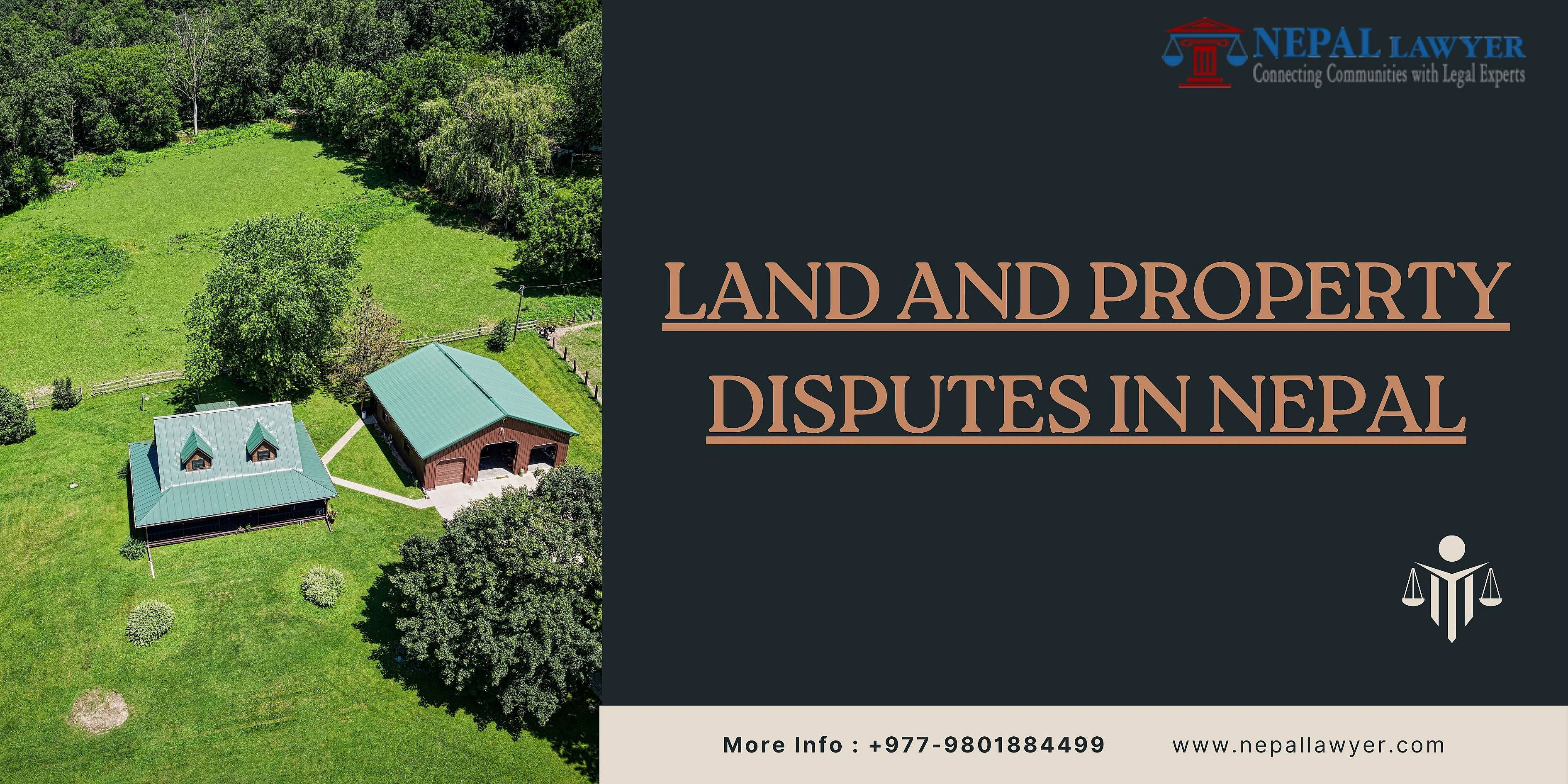Land and property disputes are a common issue in Nepal, where the legal framework is complex and disputes are often prolonged. These disputes can arise due to a variety of reasons, such as boundary disputes, illegal land encroachment, fraudulent land transfers, and inheritance disputes. Resolving these disputes can be challenging and time-consuming, often resulting in lengthy court battles. However, there are alternative dispute resolution options available that can provide a more efficient and cost-effective solution. In this guide, we'll explore the legal framework for land and property disputes in Nepal, as well as the various dispute resolution options available.
Legal Framework for Land and Property Disputes in Nepal
The legal framework for land and property disputes in Nepal is primarily governed by the Land Act, 2021 BS, and the Civil Code, 2074 BS. These laws provide the legal basis for resolving disputes related to land and property in Nepal.
Under the Land Act, any person claiming ownership or possession of a land or property can file a suit in the District Court or the Land Revenue Office. The District Court has jurisdiction over disputes involving immovable property worth more than NPR 5,000, while the Land Revenue Office has jurisdiction over disputes involving immovable property worth less than NPR 5,000. The Civil Code, on the other hand, provides provisions related to the transfer of ownership, possession, and use of land and property.
Alternative Dispute Resolution Options
While the court system is the traditional method for resolving land and property disputes, alternative dispute resolution (ADR) options are becoming increasingly popular in Nepal. ADR methods such as mediation, arbitration, and negotiation provide a more efficient and cost-effective solution to resolving disputes.
Mediation: Mediation is a voluntary and confidential process where a neutral third party, the mediator, helps parties in a dispute reach a mutually acceptable agreement. The mediator doesn't make a decision or force the parties to agree but rather facilitates communication between the parties to help them reach an agreement.
Arbitration: Arbitration is a private and binding process where a neutral third party, the arbitrator, hears evidence and arguments from both sides and makes a decision that is legally binding. The parties agree to be bound by the arbitrator's decision, and there is no right to appeal.
Negotiation: Negotiation is a process where parties in a dispute try to reach an agreement through direct communication. It's an informal and flexible process, and the parties can discuss their issues openly and freely. Negotiation can be done with or without the assistance of a third party.
Conclusion
Resolving land and property disputes in Nepal can be a challenging and time-consuming process, but understanding the legal framework and alternative dispute resolution options available can help make the process more efficient and cost-effective. Whether through the traditional court system or alternative dispute resolution methods such as mediation, arbitration, and negotiation, it's essential to seek legal advice and representation to ensure your rights are protected.




